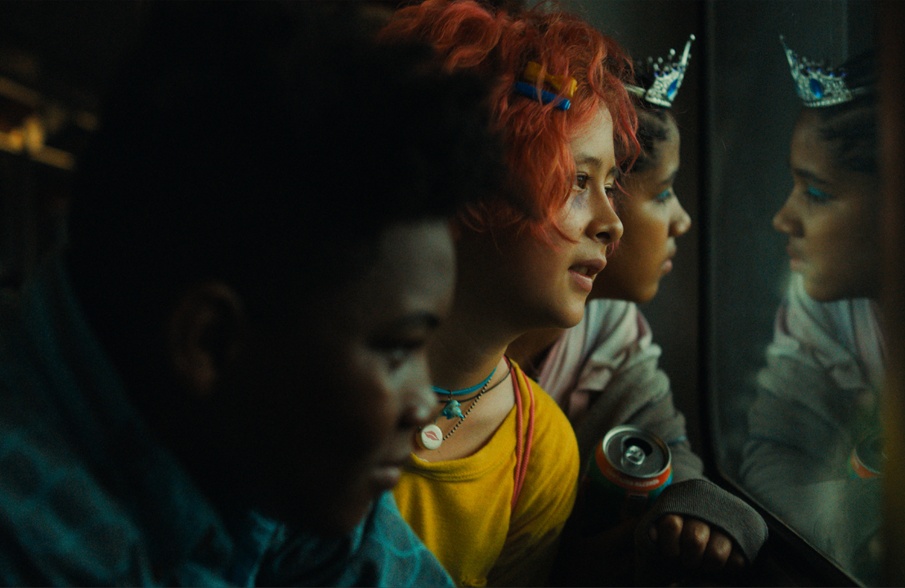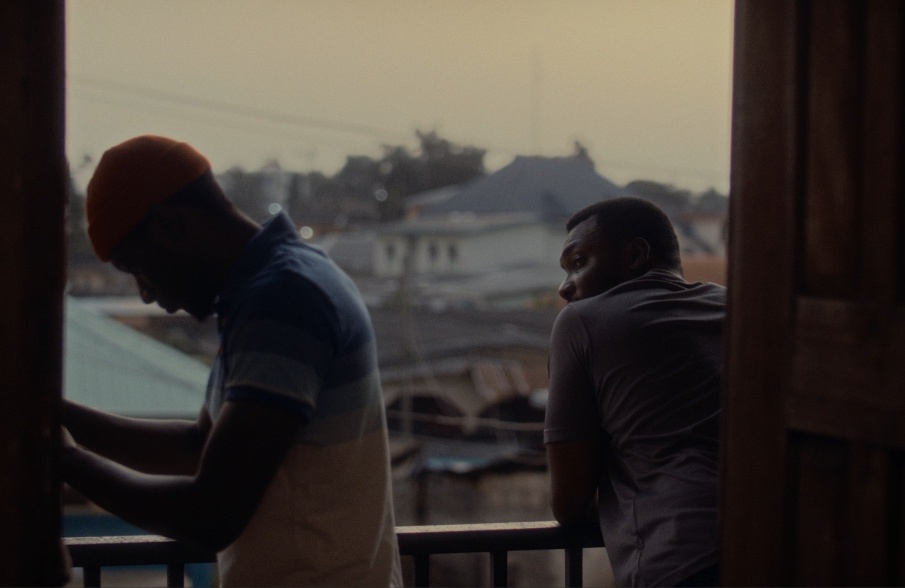At the 40th Lovers Film Festival, FRED Film Radio interviewed the director Liam Calvert to talk about “A Night Like This”, a film presented in competition.
The two faces of London
In “A Night Like This” London plays a central role. It is like a co-protagonist. But although it is a city full of life and opportunities, it can also make those who live there feel lonely. “I moved to London a few years ago and upon moving there I learned the rules of the ciry where you don’t talk to people on the underground, you keep your eyes down, walk fast, don’t talk to people you don’t know. And I think even though there’s so many people around you it can make you feel more lonely and more isolating in some ways especially with things like social media where people are posting the fabulous times they’re having. If you don’t have that it can be quite a struggle”, says Liam Calvert.
The dilemma of labels
The film avoids labels. In a historical moment in which there is a certain obsession with self-definition, how Liam Calvert hope this aspect will be received? “I think it is a tough dilemma because in some ways labels can be helpful in terms of finding other people like you, especially in the queer community, but also they can be quite limiting in a way they can almost be fences. You think: ‘Oh that person’s not like me so I can’t possibly have anything to do with them’”, says the director. “I think sometimes to have those to break those boundaries and to ignore those limits is really helpful and see each other as just as people. I think as well there’s an idea that fascinates me where the idea that every person you know knows a different version of you so the person your partner knows is different to the person your parent knows is different to the person your colleagues know. I think not all the labels will apply to all those people so it’s very good to just peel that back and peel all the layers back especially as we go through the film as well to see their different layers and they’re not the people you thought they were at the start. Those labels could have been irrelevant by the end”.
The change of queer representation
For a long time, the LGBTQIA+ community has been stereotyped in cinematic representation. How Liam Calvert think queer representation has changed in cinema? “I think representation has grown and it’s tough to say positive or negative but I think the best thing to do for representation is just to see as many different sides of it as you can because there’s no one way of being gay there’s no one way of being queer there’s so many different facets to it and no two people really live the same experience so I think what you really need is to show as much breadth of representation as possible so that’s why TV has helped show more long-form stories”, says the director. “I think it definitely used to be a lot more sad narratives a lot of coming outs that go badly a lot of more age stories and while those stories are still important and they still need to be told there’s much more around that can be shown”.
Plot
A gay actor on the verge of suicide and a privileged man with a failing business and a guitar on his shoulder: Lukas (Jack Brett Anderson) and Oliver (Alexander Lincoln) cross paths on a winter night in London. They wander and argue, trying to make sense of their existences, compare personal difficulties, and seek new points of view. But when their unlikely bond evolves into something deeper, fears and demons from the past jeopardize the entire journey. Somewhere between Capra and Linklater, Liam Calvaert's debut feature film has been written and produced by Roman film producer Diego Scerrati.











































